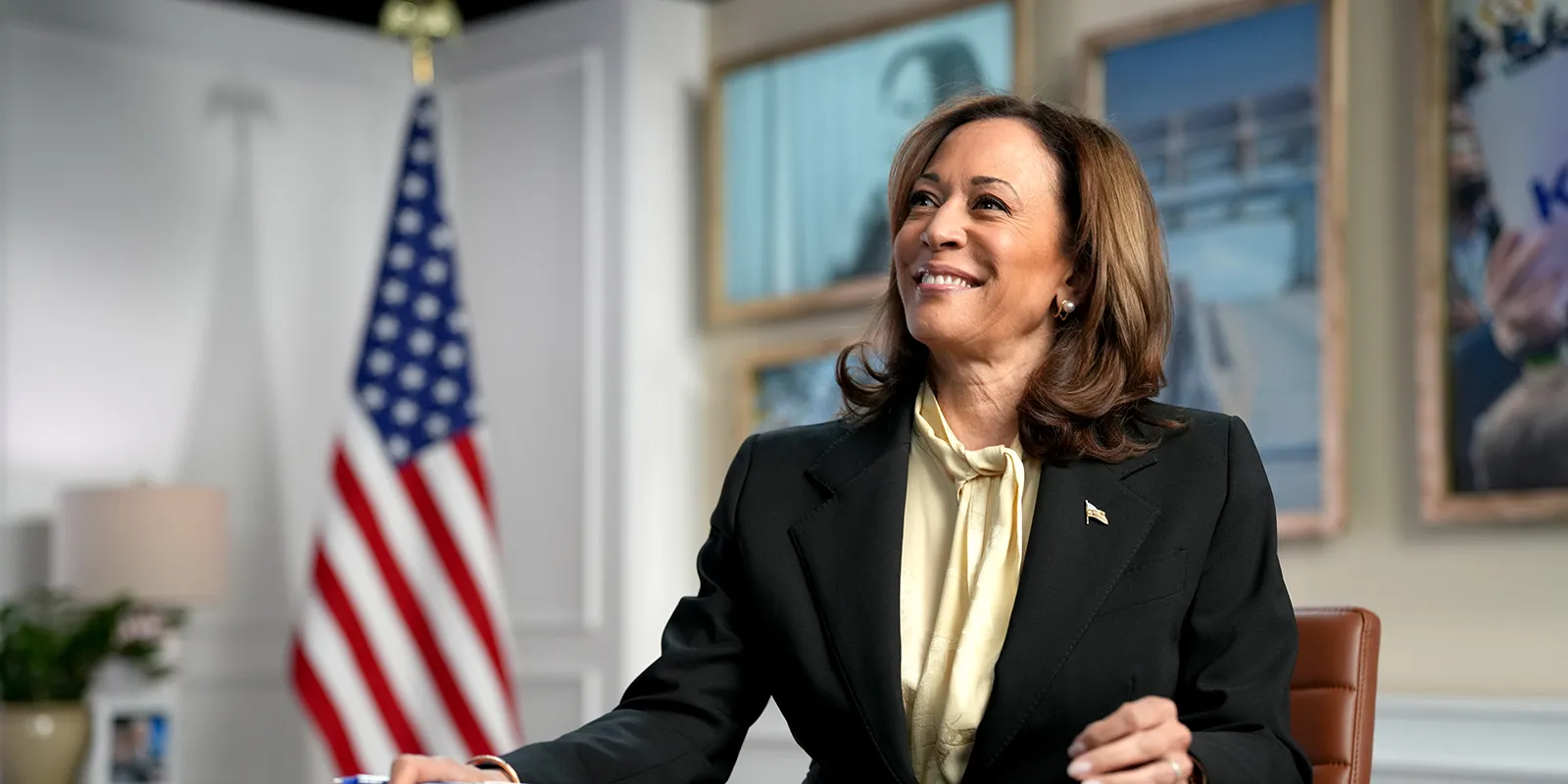Since becoming the Democratic nominee for Vice President, Kamala Harris has faced criticism from the business community over her support for tax plans proposed by the Biden administration. One of the most contentious ideas is the taxation of unrealized capital gains, targeting America’s wealthiest citizens.
The proposed tax would apply to households with a net worth exceeding $100 million, taxing gains on assets that have not yet been sold. This would be a significant shift from the current system, where capital gains are only taxed once an asset is sold. The goal, according to the Biden administration, is to ensure that the top 0.3% of households pay a fair share, similar to the tax rates on regular income for high-paid workers.
Elon Musk, CEO of Tesla, voiced strong opposition to the plan, claiming it could lead to economic hardships, though his comments reflect a broader concern among wealthy individuals who view the proposal as an attack on wealth and the business community.
The plan is not without its defenses. Proponents argue that the richest Americans should be taxed on these unrealized gains, as they can still generate income through borrowing against their assets. Additionally, there are provisions in the plan to soften the impact on certain assets, like startup companies or real estate, by allowing taxpayers to defer payments with some charges.
However, the plan is likely to face significant resistance, even if Kamala Harris and Joe Biden win the election. Despite potential revenue generation of over $800 billion in a decade, similar proposals have struggled to gain traction in Congress, even when Democrats held majorities.
Critics, including economists and tax experts, argue that the proposal is too complex and could lead to economic distortions. Despite these challenges, Harris and Biden maintain that reforming the tax system to be more equitable is essential, though the fate of this proposal remains uncertain.





